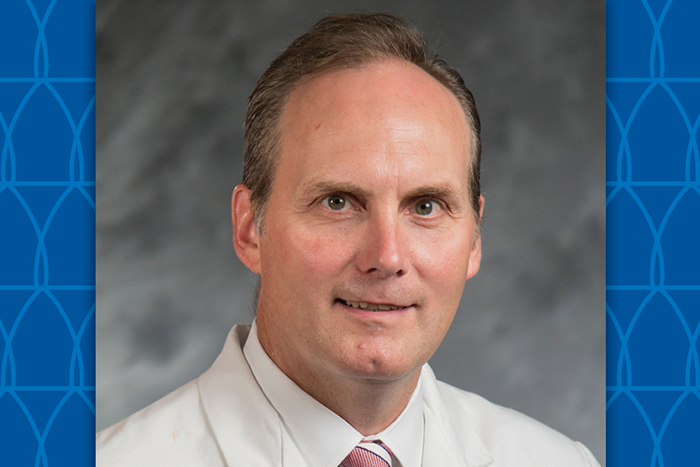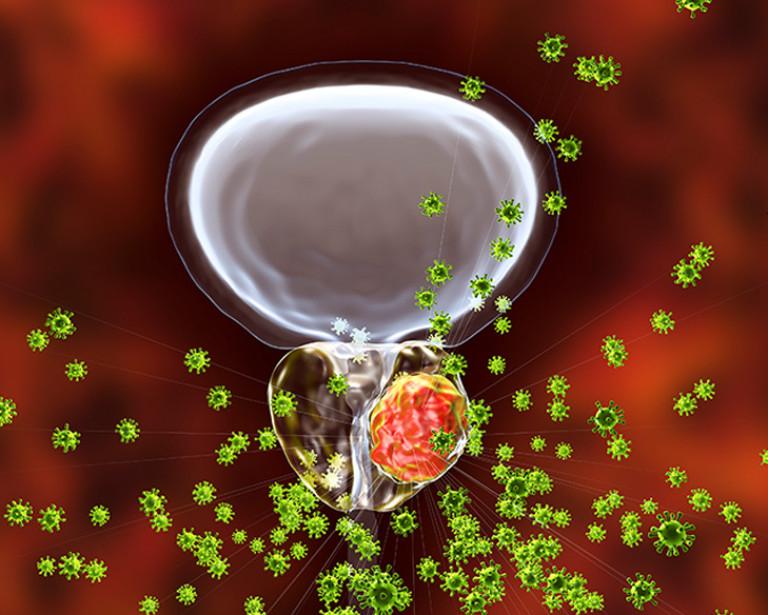Durham Early College of Health Sciences Welcomes Inaugural Class
The first cohort of 104 rising ninth-graders began their studies last week at the new school, a partnership between Duke Health, Durham Public Schools, and Durham Technical Community College designed to create pathways for high school students into careers at Duke Health.
The Protein That’s Crucial for a Healthy Pregnancy
Researchers have discovered for the first time that a particular protein plays a crucial role in the development of a normal placenta in the early stages of pregnancy. Learning more more about the protein, PIEZ01, and its role in pregnancy could pave the way for preventing unexplained miscarriages, preeclampsia, or fetal growth restriction.
Can Electronic Health Records Reveal Early Signs of Autism?
Duke researchers are collaborating on a new project that uses machine learning to recognize patterns in electronic health record data associated with children who are later diagnosed with autism.
Peter Allen Named Chair of Surgery
Peter J. Allen, MD, a nationally known surgical oncologist and leader in cancer care, has been named the new chair of the Department of Surgery in the School of Medicine, effective August 25, 2025.
Seven Life-saving Health Breakthroughs from Duke
From daily medications to modern ultrasounds, many of the advances that are part of our daily lives grew out of research conducted at Duke and supported by federal research funding.
PhD Student Focuses on Heat, Health, and Community
Elizabeth Rojo, a PhD candidate in Population Health, aims to develop interventions to protect vulnerable populations such as farm workers from the effects of extreme heat.
The AI That’s Finally Making Sense of Chronic Fatigue Syndrome
Artificial intelligence has helped map the hidden biology behind the pain, dizziness, and exhaustion of chronic fatigue syndrome, and identified new biomarkers to improve diagnosis.
Newly Discovered ‘Sixth Sense’ Links Gut Microbes to the Brain in Real Time
A newly discovered “neurobiotic sense” reveals how gut cells listen to microbial chatter and signal the brain to influence hunger, cravings, and behavior.
AI Tool May Help Some Prostate Cancer Patients Avoid Hormone Therapy
Researchers at Duke Cancer Institute, working with a health technology company, have developed an AI-powered biomarker that could help determine which patients need extended hormone therapy and which could safely avoid it.
Memories from Half a Century in Global Health
Professor Emeritus of Pediatrics Dennis Clements, MD, PhD, who retired on June 30, shares the stories behind some of the objects in his office that trace his 50 years at Duke.









